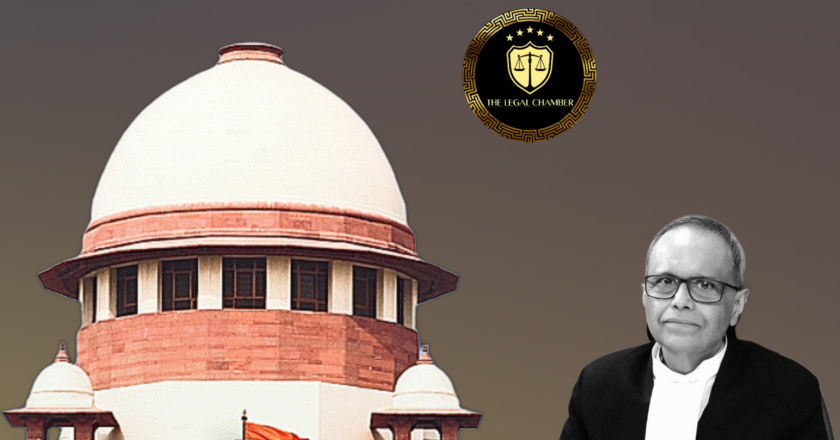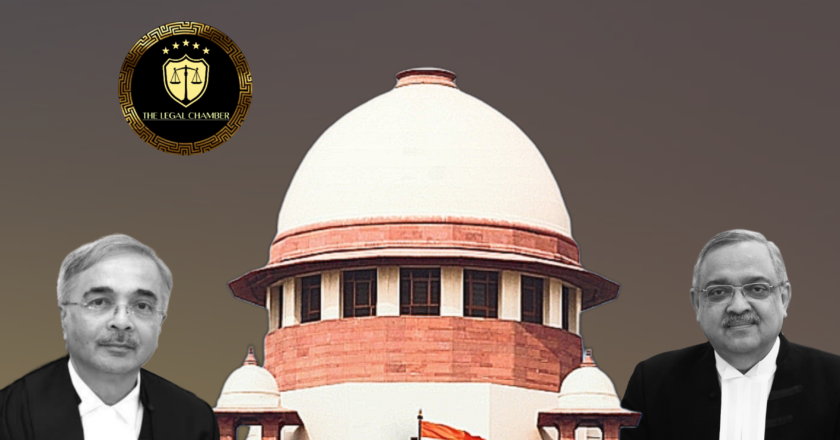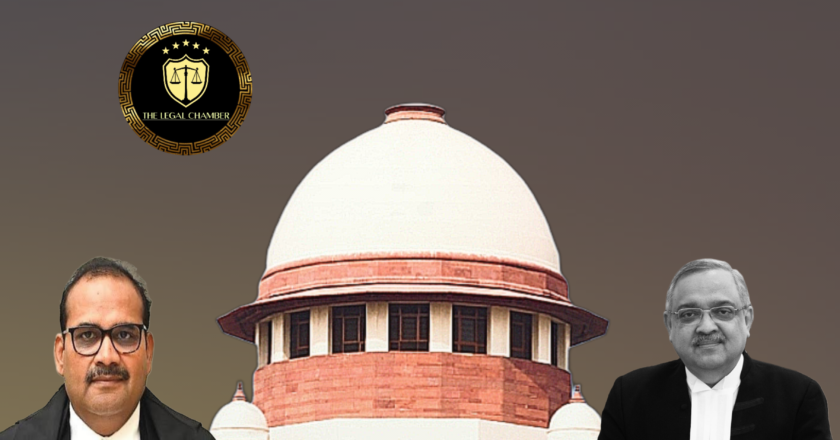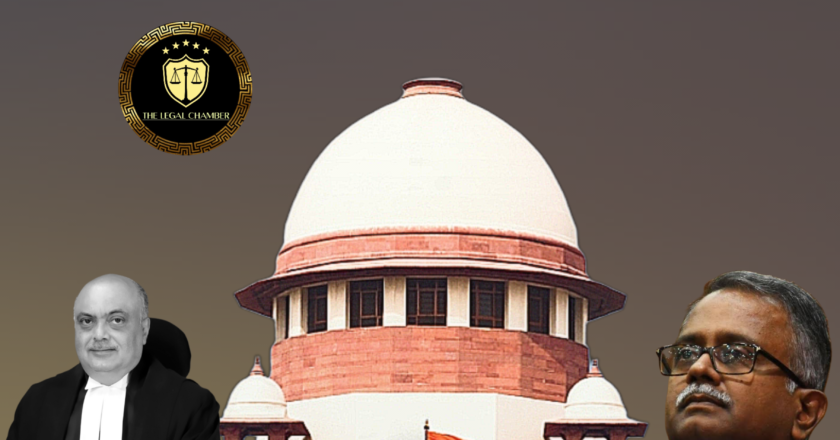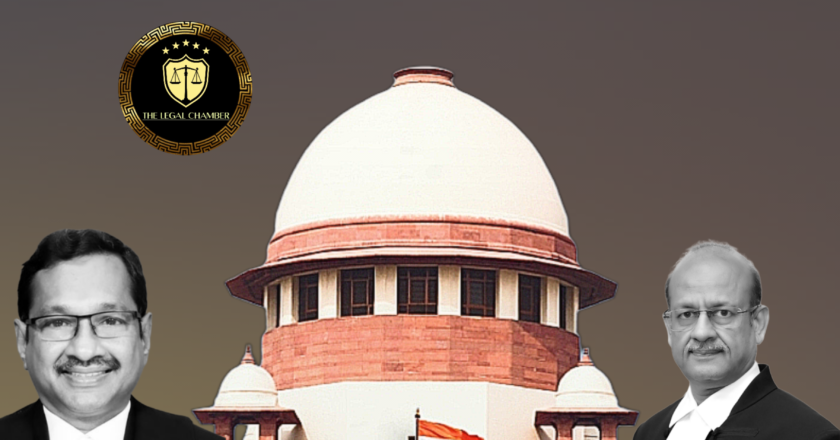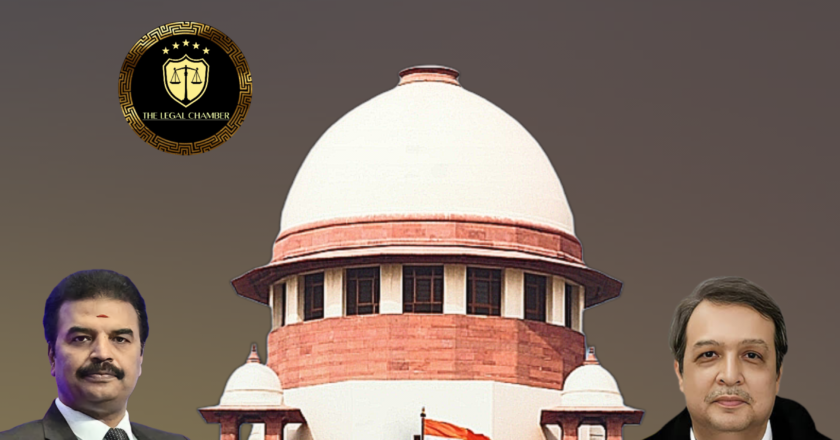Clarity in Tender Documents is Key: Supreme Court Quashes Bid Rejection Over Ambiguous Term
The Supreme Court held that a tender condition must be explicitly stated. The rejection of a bid for not submitting a solvency certificate from a District Magistrate was invalid, as the tender notice did not specify this requirement. Authorities cannot reject a bid on grounds not stated in the tender documents.
Facts Of The Case:
The dispute arose from a tender floated by the Krishi Utpadan Mandi Parishad (Mandi Parishad) to lease a banquet hall and terrace lawn for ten years. The appellant, Kimberley Club Pvt. Ltd., submitted its bid alongside other parties, including the fifth respondent, who emerged as the successful bidder. The Mandi Parishad rejected the appellant's technical bid on a specific ground: the 'haisiyat praman patra' (solvency certificate) it submitted was issued b...
